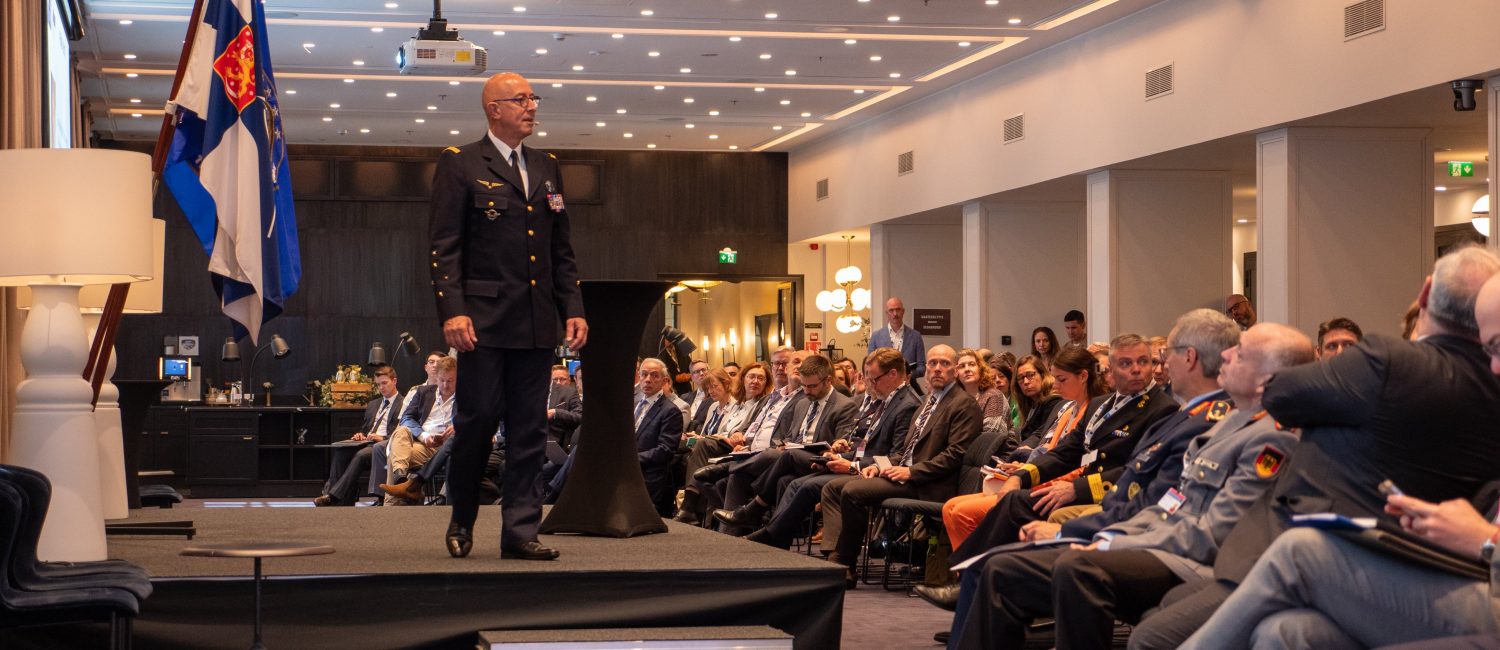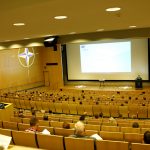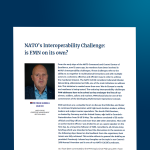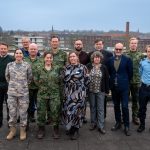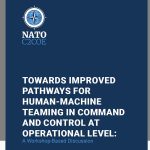Earlier this week (10-12 June, 2024), the NATO C2COE joined the first Allied Forsesight Conference in Helsinki Finland. A conference organized by HQ SACT and the Finish Ministry of Defence.
The conference aimed to enhance understanding of the effectiveness, flexibility, and methodologies of foresight practices, emphasizing their critical importance in policy development and defense planning. One of the goals was to uncover the most relevant future scenarios alongside their likely implications, challenges, and opportunities through high-level and expert discussions.
During the two information-dense days of the conference, it became clear that adaptability is the key to success for both nations and the alliance as a whole, given the unpredictability of the future. Strategic foresight and futures thinking are becoming increasingly important amidst emerging shocks and transformative changes, necessitating timely convergence between ACO and ACT.
Working towards a future whole-of-society approach requires more than just accepting technology as it is; it underscores the importance of unity and agility within the alliance. As the decision cycle speeds up, it becomes difficult to maintain pace or stay ahead without the correct use of technology within planning tools and mechanisms, all while safeguarding interoperability.
Colonel Mietta Groeneveld, Director of NATO C2COE, stated, “This was an interesting event highlighting the urgent need for change, as NATO is on the brink of huge challenges and threats that demand it. Threat-based planning involves aligning political will with available capabilities, and the time to do that is now. Act now, to Shape the future!”
——
The Allied Forsesight Conference aimed to develop and foster understanding of the utility, adaptability, and methodology of foresight practices and their high relevance for policy development and defense planning. Furthermore, the Allied strategic foresight community had no established framework yet to meet and exchange views on a regular basis and to systematically address challenges and opportunities of thinking.

